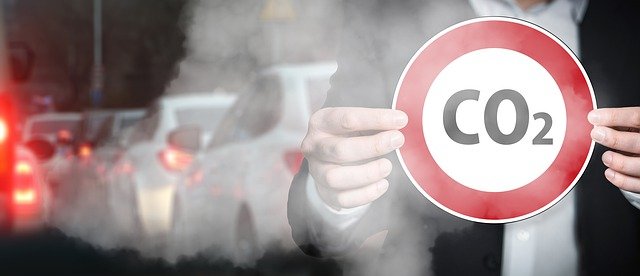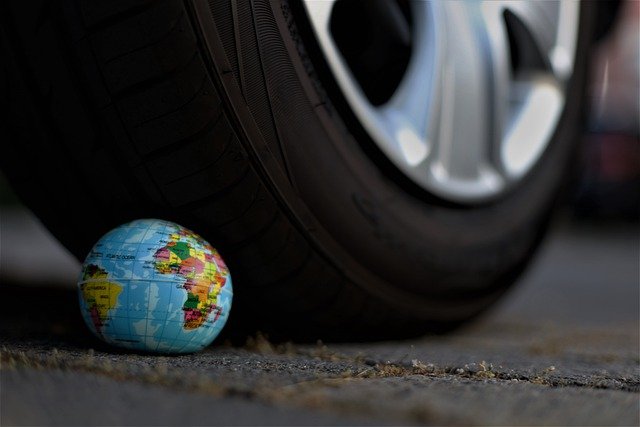The diesel emission scandal that started in 2015 has affected millions of car owners and almost all car manufacturers. German automaker Volkswagen was the first company found to have allegedly intentionally installed cheat or defeat devices inside their vehicles. The software manipulated emissions test results in order to reflect safe levels of nitrogen oxides (NOx) emissions. In real-world driving conditions, however, their cars emitted NOx way over the safe levels.
After Volkswagen, other car manufacturers that have been implicated for allegedly installing illegal emissions test software include Mercedes-Benz, Audi, Porsche, BMW, Vauxhall, Fiat, Renault, Alfa Romeo, Peugeot, Nissan, and Ford. The emissions scandal is one of the major contributors to air pollution in the UK and the whole of Europe.
Three years after the Dieselgate scandal broke, findings from a 2016 report came out indicating that yearly traffic emissions damage costs billions in that year alone. According to a CE Delft study conducted for the European Public Health Alliance, the total cost of non-health and health-related air pollution in 2016 was approximately £57.34 billion (or about €66.7 billion) in taxpayers’ money. Of this amount, 83% or £47.76 billion (€55.6 billion) is attributable to diesel emissions or fumes.
Taxpayers bear the burden for a large fragment of the costs via health services funded by the government.
An 80% reduction of the abovementioned numbers by 2030 is only possible if stricter actions and regulations are undertaken.


The dangers of traffic emissions
Car owners who bought diesel cars did so because they were told that these vehicles were clean and, therefore, were not a threat to the environment. This changed after the initial diesel emission claim, which proved that diesel engines aren’t part of the solution but actually contribute to air pollution. They released more pollution than any driver can imagine when out on the road in real-world driving conditions. A 2017 research revealed that more or less 38,000 early deaths in one year are attributed to the emissions mistake.
Road transport contributes a significant volume of benzene and nitrogen dioxide emissions in various cities across the UK and Europe.
Exhaust emissions release primary particulate matter (or PM). NOx or nitrogen oxides are also emitted by diesel vehicles. These emissions result in the formation of pollutants such as acid rain, smog, and carbon monoxide.
Additionally, traffic emissions are responsible for the greenhouse gases that may lead to an even bigger problem: global warming.
Air pollution from traffic emissions also has other less reported health-related effects. Particulate matter enters the respiratory system when a person inhales. This can cause cardiovascular and respiratory disease, among other health-related issues. There are also reports indicating a possible link between NOx emissions and diabetes and dementia. Individuals who have asthma may experience serious symptoms while those who do not have the disease may develop it after regular exposure to NOx.
The long-term effects of PM and NOx emissions exposure are many, but the most significant are cardiovascular mortality, chronic asthma, cardiovascular diseases, and pulmonary insufficiency.
Continuous exposure to traffic emissions may also cause mental health-related problems like anxiety, schizophrenia, and depression.
What can be done
As mentioned above, ambitious and strict regulations must be implemented if Europe wants to cut down traffic emissions by 2030. Here are some suggestions (some of which have been implemented already):
- TROs or Traffic Regulation Orders
Traffic Regulation Orders can help minimize or altogether eliminate traffic congestion. This can also lead to better air quality.
- Clean Air Zone or CAZ
UK’s Clean Air Zone or CAZ targets areas or regions where air quality is poor. Vehicles that travel through or on a CAZ are charged a particular fee if they have high emission levels. Only cars with ultra-low emissions may enter the Clean Air Zone freely, without paying fines.
The CAZ classifies vehicles as Class A, B, C, and D and assigns specific charges for each.
This initiative may not solve the traffic problem per se, but it does help reduce the number of high NOx emission cars moving through or entering an area.
- Low/Zero emission alternative solutions
The latest generation of diesel engine vehicles have very low NOx emissions in real-world driving conditions. As such, fleet policies must be renewed and strengthened to focus on air quality target compliance. Old diesel cars and fleets must be slowly phased out. Pre-2014 manufactured cars could be banned.
Other solutions include the use of plug-in hybrid or electric vehicles, and cycling or walking instead of driving cars.
City officials must also come up with plausible solutions like vehicle road tests, car-free days, and pollution charges.
Emissions compensation claims
If your vehicle is one of those in the Dieselgate scandal list, you can verify if it is installed with a defeat device by visiting your manufacturer’s website. Once it is verified, you can file an emission compensation claim. Get in touch with an experienced solicitor or a team of emissions experts to help you with the requirements and process. The experts at Emissions.co.uk should be your first priority. They are currently seeking Mercedes diesel owners to bring forward a Mercedes Diesel Compensation Claim. Get in touch if you think you may be eligible.

